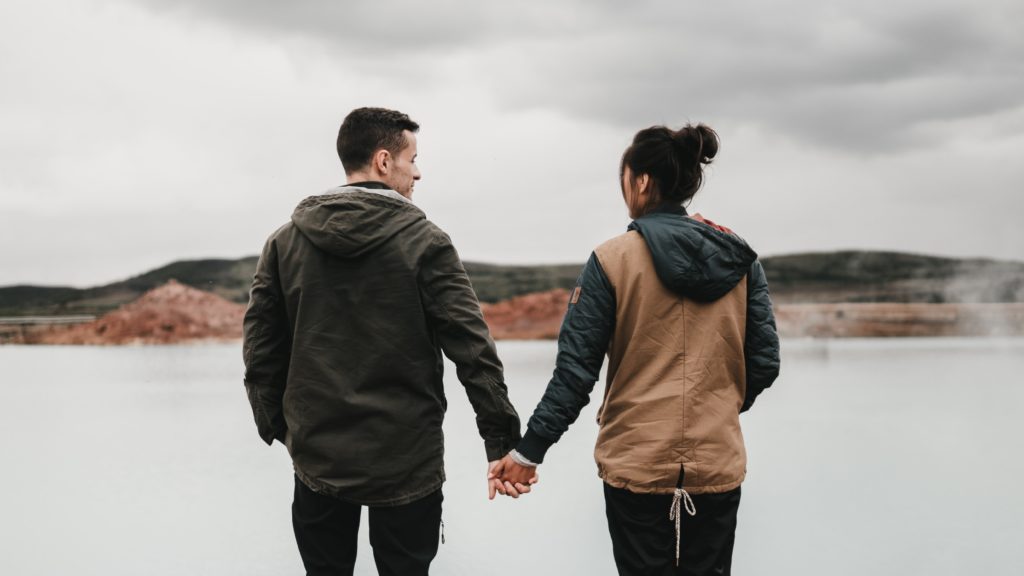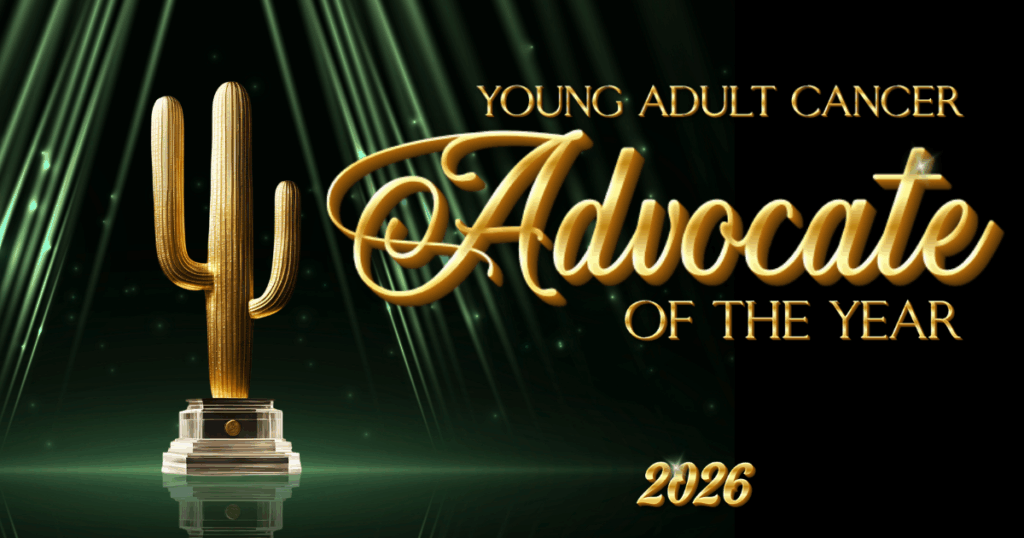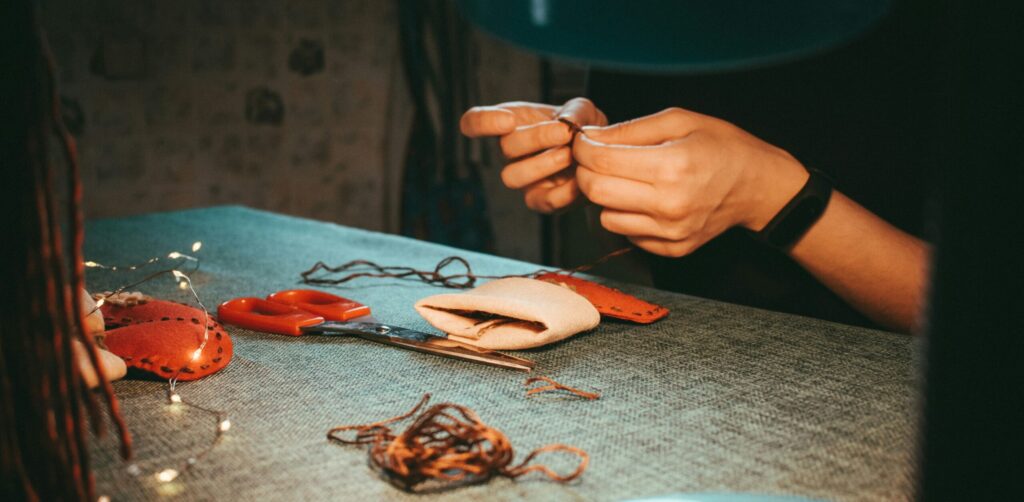We know it’s Valentine’s Day, so we thought it would be the perfect time to remind you of some of the Awkward Auntie’s advice!
In case you haven’t met her yet, Dr. Anne Katz (also known as the Awkward Auntie) is a certified sexuality counselor and clinical nurse specialist. She’s written several books about sexuality and cancer and all the things that happen to your body, relationships, and sex during and after treatment.
For the past few years she’s been answering all our awkward questions about sex, intimacy, and relationships. The most common complaints she’s heard in her therapy practice and in questions from our community have to do with a loss of sexual desire (also known as libido). This is not surprising, as cancer can have a huge impact on our bodies. Often, it’s related to physical changes – loss of breasts, hair loss, weight changes, etc., but it can also be related to chemo and other medications. In addition, libido is linked to our hormones, and is affected by other more social factors, such as stress, fatigue, and how we feel about ourselves and our partner.
Here are 5 of our favorite pieces of advice about improving your sexual desire and pleasure from the Awkward Auntie…
1. Mindfulness
Libido is a head thing and stress and worry will often take away desire. In order to be sexually responsive, your head needs to be connected to your body and sensations – this is the OPPOSITE of what you needed to do when going through treatment! One way to increase desire that has good results is the practice of mindfulness – there is a book that I highly recommend. Get a copy and read through it – no pills or potions, just using your head to help!
Better Sex through Mindfulness: How Women Can Cultivate Desire by Dr. Lori Brotto (Greystone Books)
Read the Awkward Auntie’s original posts on this tip here and here.
2. Just Get Started
One thing to think about is that sexual desire does NOT need to come before you get something started – it is not a requirement for a satisfying sexual experience. Let me explain – many women (for all sorts of reasons) do not have spontaneous desire but rather start to feel desire once they are turned on by physical or verbal stimuli. So once you and your partner get things going, that is often when a woman feels reactive desire or interest.
Read the Awkward Auntie’s original post on this tip here.
3. Minimize Dryness
Dryness and sensitivity can cause a decrease in libido – if sex or sexual touch hurts, libido drops because we are (usually) aversive to pain. Using a lube is great – just make sure that it does not contain a whole lot of ingredients that cause irritation – colors, flavors, anything warming or cooling or intensifying. Many lubricants contain glycerin and alcohol and these can cause problems by altering the normal pH of the vagina. The simpler the better and often a silicone lubricant is the best – look for ‘-cone’ at the end of the word (should be just one word) in the list of ingredients. Astroglide Diamond is a good one to try.
If you had a cancer that is not hormonally driven, you can use some local estrogen to help restore the tissues. There are different kinds of local estrogen including a small tablet that is inserted into the vagina, a silastic ring that is inserted into the vagina, or progesterone cream that is inserted into the vagina. Your primary care provider, oncologist, or GYN should be willing to prescribe these for you.
Read the Awkward Auntie’s original posts on this tip here and here.
4. Let Your Partner Boost Your Self Confidence
Desire is a delicate thing and, particularly in women, can be lost (and gained) with the slightest change in how we see ourselves, our relationship, if we’ve had a stressful day etc. It is VERY common for women who have gone through cancer treatment to lose interest, and feel bad about it.
One thing to think about is something that we call ‘erotic empathy.’ What that means is that if a partner shows or tells you that they are attracted to you, instead of thinking or saying “Ugh, how could he still want me or find me attractive/sexy?”, you should allow him to have those feelings and not negate them simply because you do not feel that way about your body. So erotic empathy allows the partner to think of the you as sexy and you should understand and accept that those feelings are valid. This may help YOU feel better about yourself, even in just a tiny way. Your partner loves WHO you are, not just your body, just as you love your partner with all their imperfections (most of us are not physically perfect after all!).
Read the Awkward Auntie’s original post on this tip here.
5. See An Expert
Talking with a sexuality counselor who knows about cancer might help – your partner may also be deeply affected by what you have been through.
If your cancer or treatment had a hormonal component, consider seeing an endocrinologist. These experts in hormonal issues usually know more about the topic than oncologists and will give you the best evidence-based suggestion for managing life (and hormones) after cancer.
It might also be helpful to see a gynecologist or urologist who is familiar with your cancer history and knows about the treatment you have had.
Read the Awkward Auntie’s original posts on this tip here and here and here.
For more tips and answers to our community’s questions, check out the Awkward Auntie page!
Hopefully you found these tips helpful, but if you ever have any questions, send them to the Awkward Auntie! YOU CAN ASK HER ANYTHING… Don’t hold back! Simply send your questions to AwkwardAuntie@cactuscancer.org or submit them in the form below. You don’t have to give your name or other identifying information, but it might be helpful for her to know how you identify yourself by gender, your age, and what kind of cancer and treatment you had. She’ll answer your questions periodically and we’ll post them on the Awkward Auntie page.







